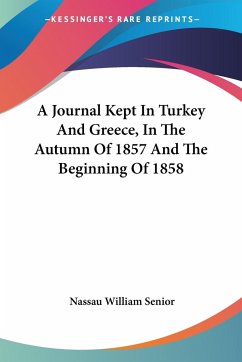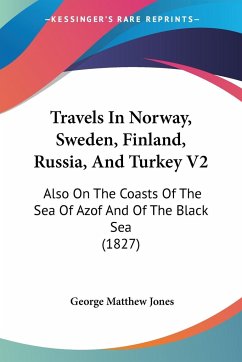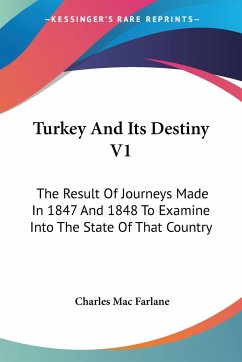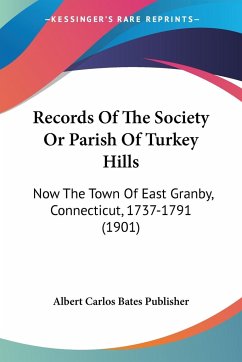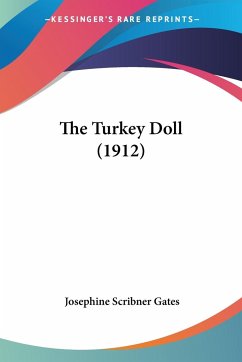Nassau William Senior was an English barrister and economist. He also served as a government adviser on economic and social policy for numerous decades, and he published extensively about the subject. He was born in Compton, Berkshire, as the eldest son of Reverend J. R. Senior, vicar of Durnford, Wiltshire. He attended Eton College and Magdalen College in Oxford, and while at university, he was a private pupil of Richard Whately, later Archbishop of Dublin, with whom he had a lifelong connection. He earned his B.A. in 1811 and became a Vinerian Scholar in 1813. He was born in Compton, Berkshire, as the eldest son of Reverend J. R. Senior, vicar of Durnford, Wiltshire. He attended Eton College and Magdalen College in Oxford, and while at university, he was a private pupil of Richard Whately, later Archbishop of Dublin, with whom he had a lifelong connection. He earned his B.A. in 1811 and became a Vinerian Scholar in 1813. Senior pursued a career in conveyancing after studying under Edward Burtenshaw Sugden. When Sugden abruptly notified his students in 1816 that he was focusing on chancery work, Senior took steps to become a Certified Conveyancer, which he accomplished in 1817. He then took up Sugden's practice alongside another student, Aaron Hurrill.
